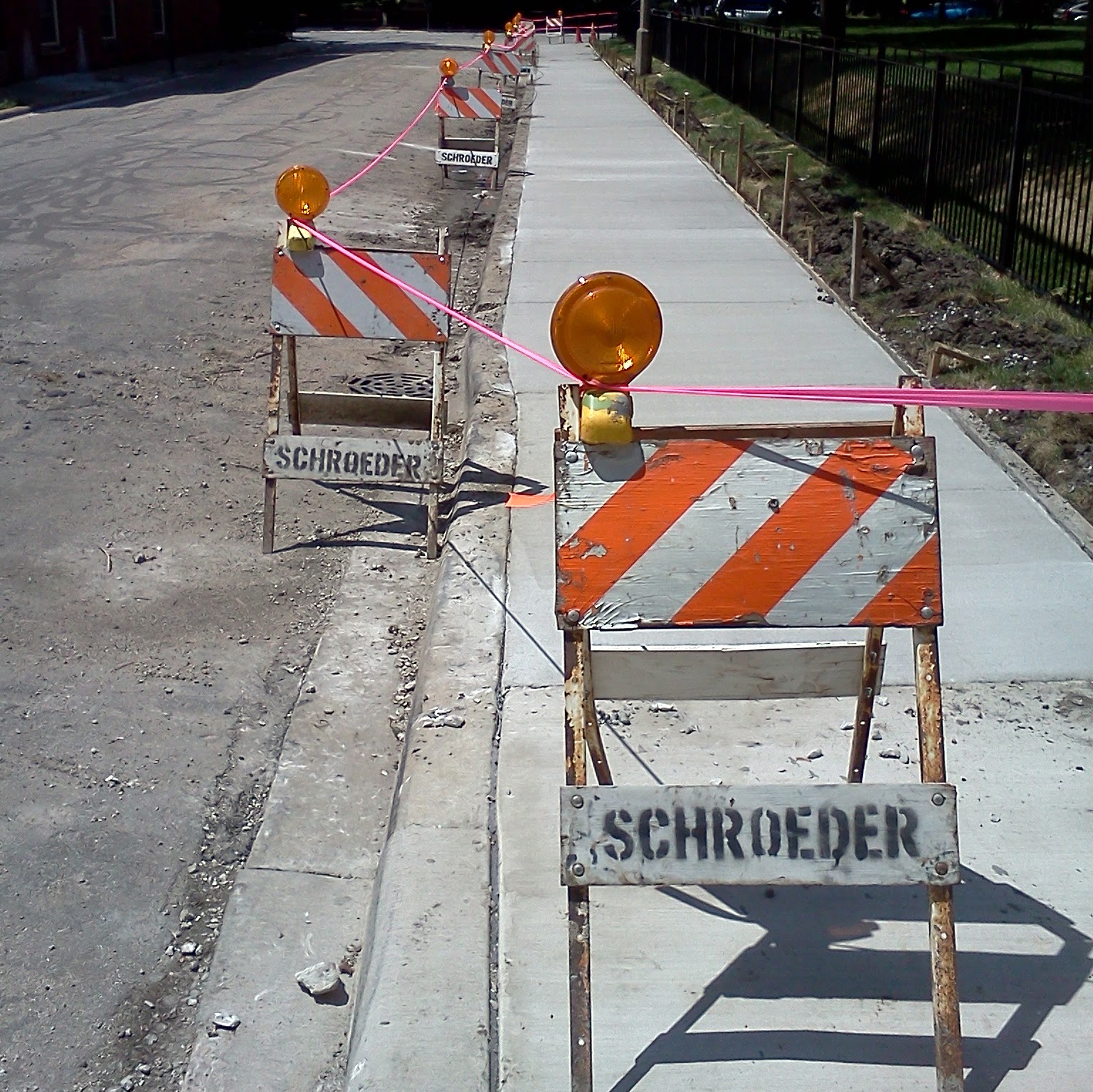My kids cannot understand what I’m sure they would consider my obsession with privacy.
They technically didn’t grow up with cell phone, and got their first in middle school. Still, they’ve spent most of their lives with these devices, and the cultural changes created by these, and they insist upon the death of privacy.
I often ask in response why they don’t post their iCloud passwords on social media, or even give these to me. They obviously don’t and won’t but also don’t consider such stances as pro-privacy choices.
I still advocate for the use of Signal for example as our messaging app of choice and ask about the more than 700 trackers, and almost 1,900 ads, blocked by my VPN over nine hours. They mostly ignore me.
I was reminded this week of these different expectations in of all places a public bathroom at a prestigious private research hospital.
I noticed the person at an adjacent urinal using his cell phone. I overheard another in a stall having a conversation, which continued at the sink — the phone was wedged between his shoulder and his ear — and as he left.
Such experiences are surprisingly commonplace, and have been so for some time. I actually was once debating whether to ask someone to stow his phone as I watched him drop it in the urinal he was using and then fish it from the brackish water.
I can understand why some think privacy no longer exists. At the same time, I fear the intrusion of these devices into all areas of human experience, and the absence of informed debates about these intrusions throughout everyday lives.
We need to talk more about the recent Apple iCloud encryption changes for UK users or Amazon Alexa changes for everyone who uses its Echo devices. Otherwise, we are relinquishing freedoms and rights that we might wish one day, and perhaps in the not too distant future, we still had.
Perhaps we can start with what should be obvious, and thus easy, agreements, such as cell phone in public bathrooms.

Leave a Reply